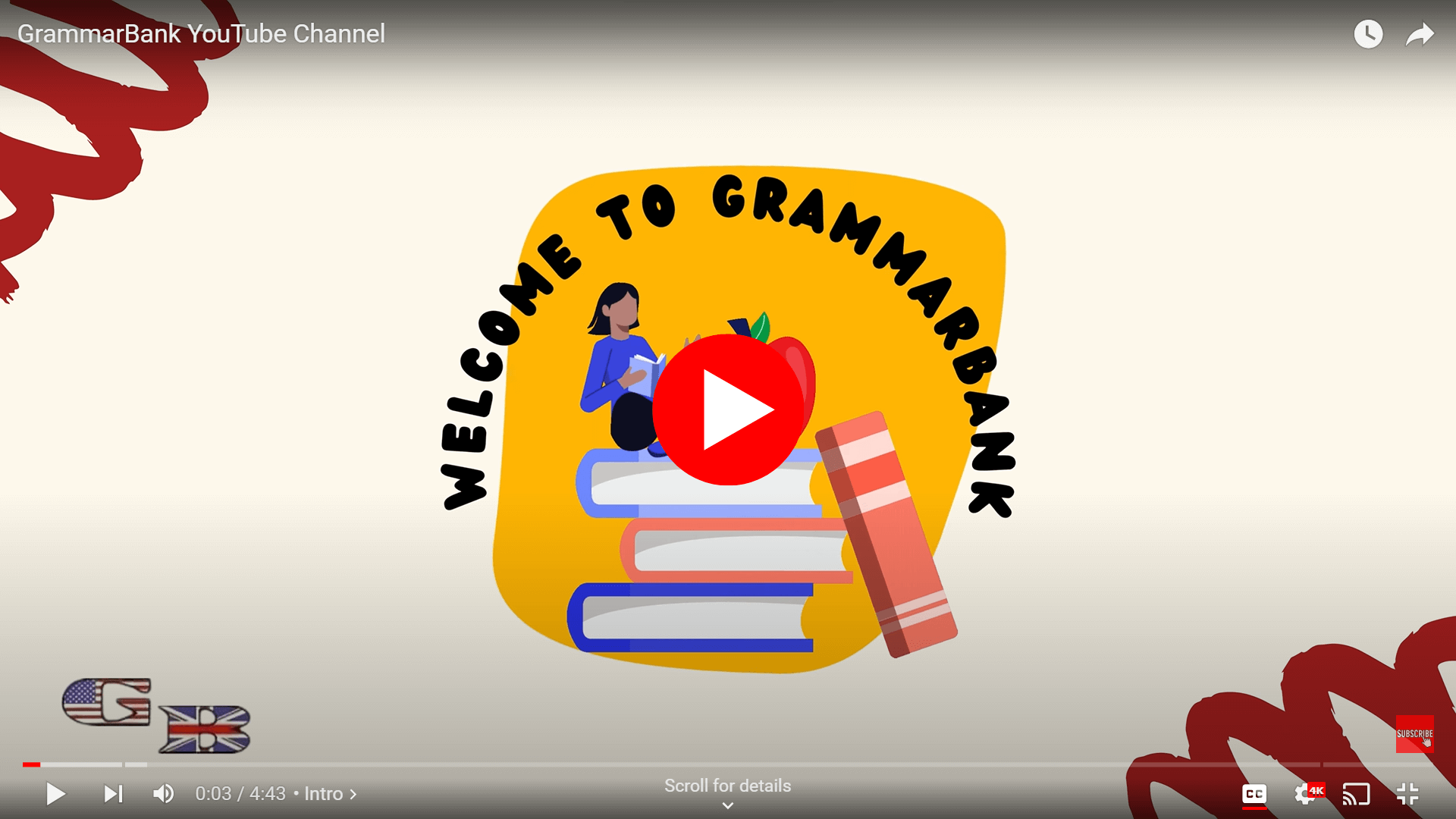Adjectives
Adjectives are descriptive words and they describe the noun in context. Adjectives usually answer the questions like "which", "what kind of", "how many", etc.
The little boy
A new toy
Enough meatloaf
Similar Subjects:
Adverbs
Adjective Vs Noun
Adjectives vs Adverbs Details
Intensifiers
PDF: Forming Adjectives
Exercises / Quizzes:
Adjectives Adverbs Exercises (Classic)
Adjective/Adverbs Multiple Choice
The little boy
A new toy
Enough meatloaf
Similar Subjects:
Adverbs
Adjective Vs Noun
Adjectives vs Adverbs Details
Intensifiers
PDF: Forming Adjectives
Exercises / Quizzes:
Adjectives Adverbs Exercises (Classic)
Adjective/Adverbs Multiple Choice
Types of Adjectives
- Attributive
- Appositive
- Predicate
Attributives are the ones that come right before the word(s) they modify.
The old man asked a question.
That is a good book.
I found an old, black, cotton sweater.
Appositives come after the words they modify. They are usually used in pairs.
The woman, beautiful and smart, knew what she was doing.
The winner, tired but happy, waved and smiled.
Predicates come after verb to be or after linking verbs. They come at the end of the sentence and they modify the subject.
The tickets are expensive.
She looked old.
The oven felt hot.
He was young and shy.
The Order of Adjectives
When there are more than 1 adjectives modifying the same word, they are usually placed in a certain order.
a- What we think (Lovely, beautiful, intelligent, nice, fine...)
b- Size (small, big, large, short, tall...)
c- Age (young, old...)
d- Shape (round, slim, fat, square...)
e- Color (white, green, red...)
f- Material (plastic, glass, wooden...)
g- Origin (German, Russian, American...)
A nice big house. A big square table.
A lovely little town.
An old plastic pipe.
An expensive Scotch whiskey.
A tall young woman.
Intelligent young Danish scientist.
See Order of Adjectives for another reference with more details.
Present and Past Participles as Adjectives
Ing / Ed - Interesting / Interested
Boring- Causes boredom
Bored- Result of boredom (something boring)
Tiring- Causes tiredness
Tired- Result of something tiring
• He is bored with his job.
Because his job is boring (at least to him), it caused him to be bored.
• He is boring.
I don't want to be with him because he is a boring person.
•He is interested in your offer.
Because your offer is interesting (at least to him), it drew his attention.
•He is an interesting man.
He engages attention, you want to know him better.
Some other verb roots that can become adjectives in a sentence by adding ed or ing
Charm, admire, amaze, amuse, depress, worry, thrill, excite, disgust, disappoint, discourage, embarrass, fascinate, frighten, frustrate, horrify, irritate, please, satisfy, shock, startle, stimulate, surprise, terrify, confuse
Degrees of Adjectives
- Positive Degree : Expresses a quality without a comparison
- Comparative Degree : Used to compare things to each other.
- Superlative Degree : Superlative is the highest or the lowest degree when comparing two or more things/persons. The inflectional suffix for superlative degree is est. Longer superlatives usually take most instead of est.
The twins are smart.
The tree is tall.
The book is old.
| Form | Use | Example |
| er | Shorter adjectives (1 syllable or 2) | hotter area, warmer water |
| more | longer adjectives (2 or more syllables) |
more interesting subject, more comfortable couch |
| more | adjectives that end with ed , ing , 's' (even if they are 1 syllable) | I am more tired , more boring book |
Fred is taller than Barney.
He is the more aggressive of the two.
Barney is smarter than Fred.
Climbing is more tiring than running.
This is the brightest room in the house.
Duncan is the tallest player on the team.
Britney is the most beautiful girl in the class.
Article the is used with superlative adjectives since it is definite (thing/person) what's being talked about.
Absolute Adjectives
You either have the quality or you don't. There is no comparison. Dead, perfect, round...You can't be deader than someone else who is only dead.
Some Absolute Adjectives:
| absolute | basic | certain |
| complete | empty | entire |
| devoid | excellent | fatal |
| final | dead | perfect |
| square | essential | unique |
| full | harmless | immortal |
| meaningful | obvious | pure |
| superior | ultimate | universal |
Informally, to emphasize or metaphorically, you may hear people say "I am more dead", "This one is whiter". But they are misusing absolute adjectives.





Comments